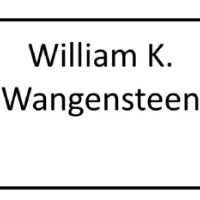Long Lake Estate Lawyer, Minnesota
William K. Wangensteen
✓ VERIFIED *Status is reviewed annually. For latest information visit hereEstate, Wills & Probate
Proudly taking estate and wills and probate cases out of Wayzata, Minnesota.
John (Jack) L Neveaux Jr.
Business Organization, Personal Injury, Employment Contracts, Wills & Probate
Status: In Good Standing *Status is reviewed annually. For latest information visit here
FREE CONSULTATION
CONTACTTodd R Haugan
Commercial Real Estate, Litigation, Estate Planning, Family Law
Status: In Good Standing *Status is reviewed annually. For latest information visit here

